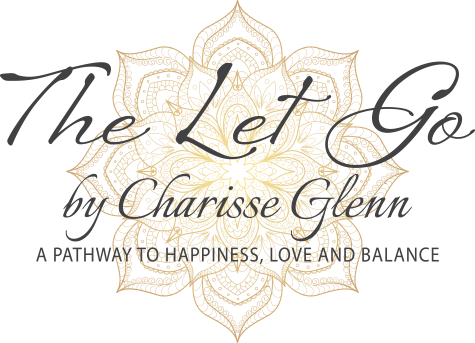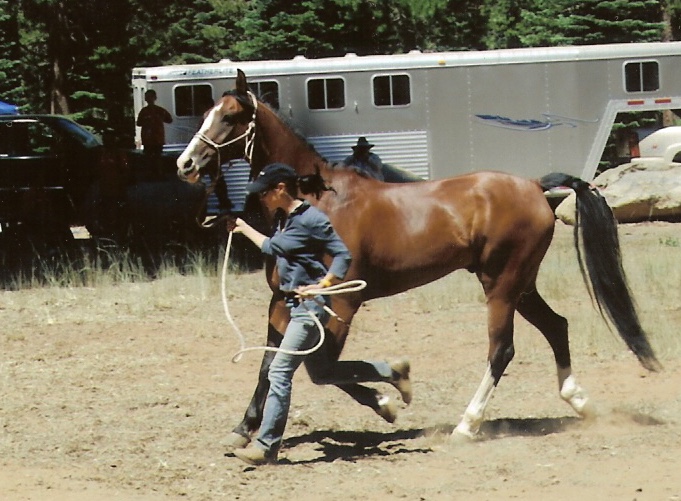Now I think it’s one of the most useless questions an adult can ask a child—What do you want to be when you grow up? As if growing up is finite. As if at some point you become something and that’s the end.
―
Her words remind us that becoming is not a destination but a continual unfolding. Humans prefer certainty and predictability over the pressure of change and loss. Understanding why letting go feels like a loss involves a complex interplay of biological, psychological, and social factors that drive us to hold on to beliefs, behaviors, relationships, and even our possessions. The familiarity of what we know creates neural pathways that feel safe, even if they’re painful, and that knowing is often stronger than the pain those things may cause. Rewiring, or letting go, can trigger fears like stepping into the unknown.
There is another layer beneath the fear. Once we understand the energetics of letting go, those triggers can transform into powerful tools. Neural pathways reinforce painful habits because they are familiar, yet it is like sitting in a room with broken windows, afraid to open the door to fresh air.
Everything we hold on to, good or bad, carries an energetic weight. What we must assess on the journey of self-discovery is whether we are willing to carry the emotional heaviness that arises from stagnant energy rather than face the mystery behind the veil. Letting go is simply a technique for a spiritual and sacred recalibration.
Nature offers us a mirror for reflection. As we witness the molting, shedding skin, or the necessary pruning of plants, we can realize our beings need the same. Editing our lives is for our spiritual hygiene, a spring cleaning of sorts.
Just a pruning invites growth, and emotional discomfort signals a readiness to evolve. When dread enters the room, it signals that, for the moment, we have reached our threshold. It can be viewed as a compass to where we are, not a cage to where we must stay. Instead of danger, it is a sign we are ready to grow.
Letting go is not a loss but a liberation. Rewriting our internal dialogue with empowering vocabulary can also assist in our outward experiences of those inner scenarios. Sometimes all we need are new experiences to show our nervous system a new reality.
Opening a door to the unknown may require a certain courage. However, once the handle is turned and a crack is opened, light will flood in, illuminating what lurked in the shadows of our imaginations.
Remember, we do not become more by adding – in fact, we become more by subtracting all that is in our way. What if the next version of your becoming is just waiting in the space for you to clear? As Michele Obama reminds us once more,
For me, becoming isn’t about arriving somewhere or achieving a certain aim. I see it instead as forward motion, a means of evolving, a way to reach continuously toward a better self. The journey doesn’t end.
―





